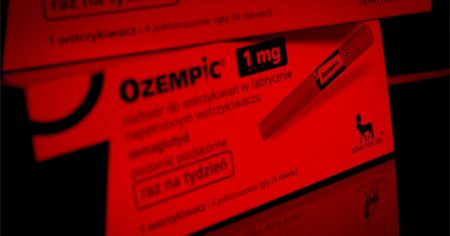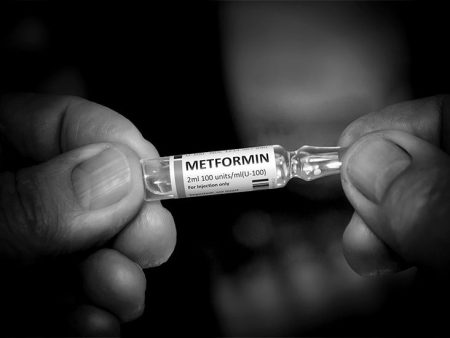Urolithin A is a natural compound that has been shown to support memory and cognitive function while reducing brain inflammation. A new study in mice suggests that urolithin A may have therapeutic properties in treating Alzheimer’s disease. Consuming certain polyphenols, found abundantly in pomegranates, can increase gut bacteria’s production of urolithin A. Experts recommend enhancing the body’s production of urolithin A through diet rather than supplementation to potentially benefit brain health and protect against Alzheimer’s disease. Research indicates that diets like the Mediterranean and MIND diets, which are high in antioxidants and omega-3 fatty acids, may protect against Alzheimer’s by reducing inflammation and oxidative stress.
In a recent study published in Alzheimer’s & Dementia, researchers explored the effects of urolithin A on Alzheimer’s disease by treating various mouse models of the disease with the compound for 5 months. The results showed that urolithin A could enhance learning and memory, reduce neuroinflammation, and improve cellular cleanup processes in the brains of Alzheimer’s disease mice. While these findings in animal studies are not directly translatable to humans, experts believe that urolithin A may have potential as a preventive or therapeutic agent for Alzheimer’s disease in the future. This compound may impact various aspects of brain health, including memory function, protein build-up, inflammation reduction, and cellular waste removal.
The study conducted by researchers from the University of Copenhagen in Denmark combined urolithin A treatment with various experiments to understand the long-term benefits of the compound in Alzheimer’s disease mouse models. After 5 months of treatment, improvements were observed in memory, protein build-up, cell waste processing, DNA damage, and brain inflammation. Urolithin A treatment was also found to lower excessive immune cell activity in the brain, reduce amyloid beta protein levels, and promote mitophagy, which cleans out damaged mitochondria. These effects may be similar to those seen with NAD supplements in Alzheimer’s disease, suggesting multiple potential mechanisms of action for urolithin A.
Experts caution that though research on urolithin A shows promise for Alzheimer’s intervention, additional studies, particularly clinical trials, are needed to validate its efficacy and safety in humans. Determining optimal dosage and potential risks of long-term supplement use is crucial, as factors like diet, gut microbiota, and individual health conditions can influence urolithin A absorption and utilization in the body. Controlling for these variables in clinical trials can be challenging, making it essential to conduct further research to establish the best doses and safety profile of urolithin A for Alzheimer’s disease treatment.
Promoting the body’s production of urolithin A through diet by consuming foods rich in specific polyphenols, such as pomegranate seeds and peels, may be a more natural and potentially safer approach. However, variations in gut microbiota and individual differences may affect the bioavailability and effectiveness of urolithin A from food sources. Maintaining a diverse and robust gut microbiota is crucial for optimal digestion and absorption of nutrients and polyphenols to support brain health. While the study’s findings are based on mouse models and cannot directly apply to humans, they underscore the importance of consuming polyphenol-rich foods for overall brain health and potentially protecting against neurodegenerative diseases like Alzheimer’s.















